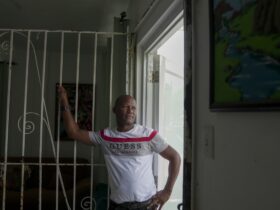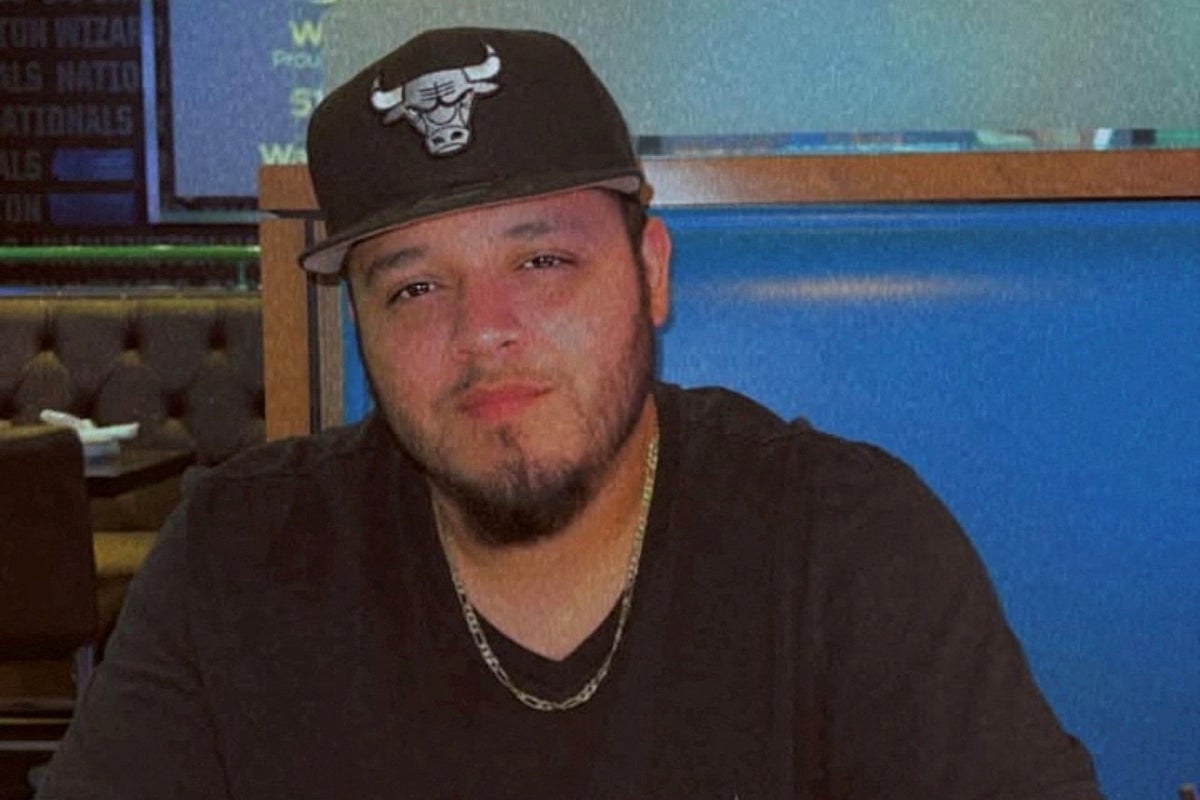Your support helps us to tell the story
From reproductive rights to climate change to Big Tech, The Independent is on the ground when the story is developing. Whether it’s investigating the financials of Elon Musk’s pro-Trump PAC or producing our latest documentary, ‘The A Word’, which shines a light on the American women fighting for reproductive rights, we know how important it is to parse out the facts from the messaging.
At such a critical moment in US history, we need reporters on the ground. Your donation allows us to keep sending journalists to speak to both sides of the story.
The Independent is trusted by Americans across the entire political spectrum. And unlike many other quality news outlets, we choose not to lock Americans out of our reporting and analysis with paywalls. We believe quality journalism should be available to everyone, paid for by those who can afford it.
Your support makes all the difference.
More than two months after Donald Trump’s administration was ordered to “facilitate” the return of Kilmar Abrego Garcia, the wrongfully deported Salvadoran father has returned to the United States to face criminal charges in Tennessee.
The government has spent weeks battling court orders for his return after admitting he was deported in error, but the 29-year-old Maryland father is now facing a federal grand jury indictment accusing him of illegally transporting undocumented immigrants.
A two-count indictment in Tennessee accuses Abrego Garcia of participating in a years-long conspiracy to traffic undocumented immigrants from Texas. ABC News first reported the indictment, which was filed last month and recently unsealed.
He is accused of picking up undocumented immigrants who crossed the U.S.-Mexico border into Texas and driving them across the country. The document also alleges that he trafficked firearms and narcotics.
The indictment charges Abrego Garcia with one count of conspiracy to transport aliens and one count of unlawful transportation of undocumented aliens.
Abrego Garcia fled El Salvador as a teenager in 2011 and was working as a sheet-metal apprentice in Maryland, where he has been living with his wife and 5-year-old child, both U.S. citizens. The couple is also raising two other children from a previous relationship.
After a traffic stop in March, he was detained by Immigration and Customs Enforcement and then deported to El Salvador’s brutal Terrorism Confinement Center despite an immigration court judge’s 2019 order withholding his removal from the country for humanitarian reasons. Abrego Garcia was later moved to another prison for non-gang members. He has been imprisoned in the country for nearly three months.
Trump’s allies and administration officials have repeatedly sought to justify his detention over allegations of criminal activity and MS-13 gang membership, which were raised only after he was summarily deported. Democrats and legal analysts have argued the administration could simply return Abrego Garcia and then use that alleged evidence against him in normal immigration court removal hearings.
Instead, Justice Department lawyers and Trump administration officials clashed with federal judges and raised a “state secrets” privilege to avoid answering a judge’s questions about the government’s relationship with El Salvador and conversations about his detention there.
Following a legal challenge over his arrest and deportation, government attorneys conceded in court documents that Abrego Garcia was removed due to “administrative error” but insisted it was impossible to bring him back. White House press secretary Karoline Leavitt also said he was removed due to a “clerical error.” But the president and other administration officials have repeatedly defended his detention.
In April, Maryland District Judge Paula Xinis ordered the administration to “facilitate” Abrego Garcia’s return from El Salvador after its “wholly lawless” and “grievous error” that “shocks the conscience.”
“As defendants acknowledge, they had no legal authority to arrest him, no justification to detain him, and no grounds to send him to El Salvador — let alone deliver him into one of the most dangerous prisons in the Western Hemisphere,” Judge Xinis wrote at the time.
The Supreme Court also unanimously agreed that his removal was “illegal” and affirmed the lower court judge’s order to “facilitate” his return.
This is a developing story
















Leave a Reply